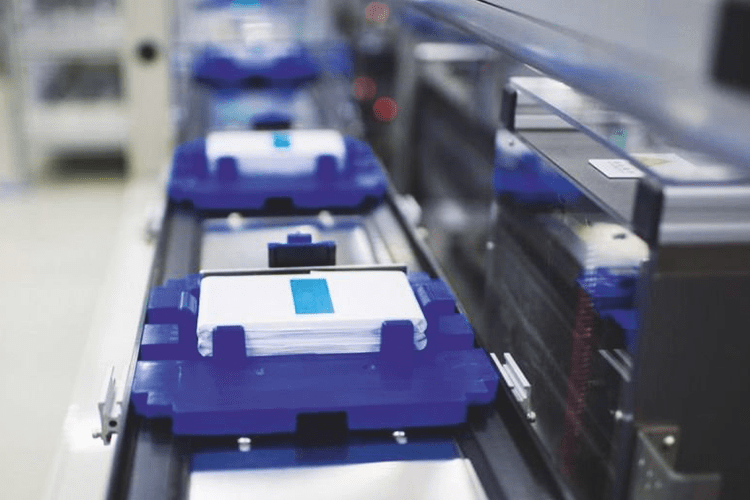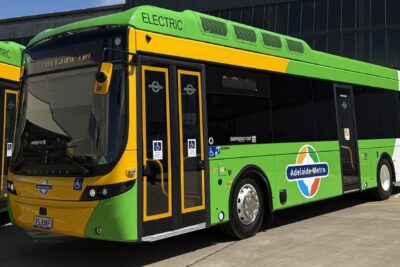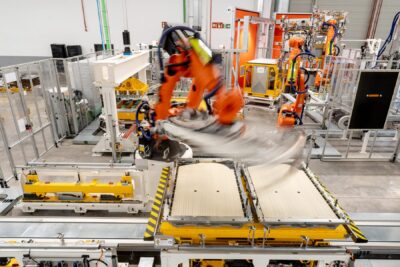Gojek wants to make ride-hailing all-electric in Indonesia
Indonesian ride-hailing startup Gojek plans to make every car and motorcycle on its platform an electric vehicle by 2030, co-Chief Executive Kevin Aluwi told Reuters. Analysts suggest the move comes in preparation for a public listing but point out difficulties.
These likely issues include the structure in Indonesia. Analysts expect the cost of going electric in Indonesia to be high as the country only has around 100 charging stations.
Gojek announced the plan on Friday in its first annual sustainability report. Reuters quotes CEO Aluwi specifying the strategy: “Our target is to work with various players within the industry and government to reduce the cost of EVs to about 30% lower than internal combustion engine vehicles.” The executive would not disclose names but said Gojek was looking into charging infrastructure and battery swapping networks.
The company with headquarters in Jakarta claims it has EV pilot programmes in Indonesia with state energy firms Pertamina and Perusahaan Listrik Negara, scooter makers Gesits, Viar, NIU Technologies and Honda, plus automakers Toyota and Mitsubishi.
The company also has major investors such as Google’s Alphabet and Tencent Holdings behind it and says it busies about two million drivers across Indonesia, Vietnam, Thailand and Singapore.
Apart from ride-sharing, Gojek also delivers food and financial services and believes the latter could help drive leasing arrangements and facilitate EV adoption in the world’s fourth most populous country. “We do know that the building of this electric vehicle ecosystem from raw materials to battery production to vehicle production is something that many in the government see as a big part of the future in Indonesia,” Aluwi said when speaking to Reuters.
Gojek further claimed the government was helping in talks with Chinese battery maker Contemporary Amperex Technology Co Ltd (CATL) to supply EV batteries. CATL in January announced to extend its presence in Indonesia as part of a plan to increase global capacity to 1,200 GWh by 2025, also with a local factory as reported.
The government in Jakarta revealed in October 2020 plans for a joint venture among state-owned companies centred around batteries for electric vehicles. The Indonesia Battery Holding is to help build an industry around Indonesia’s rich supplies of nickel laterite ore for use in lithium batteries as part of a long-term goal of becoming a global e-mobility hub.





0 Comments